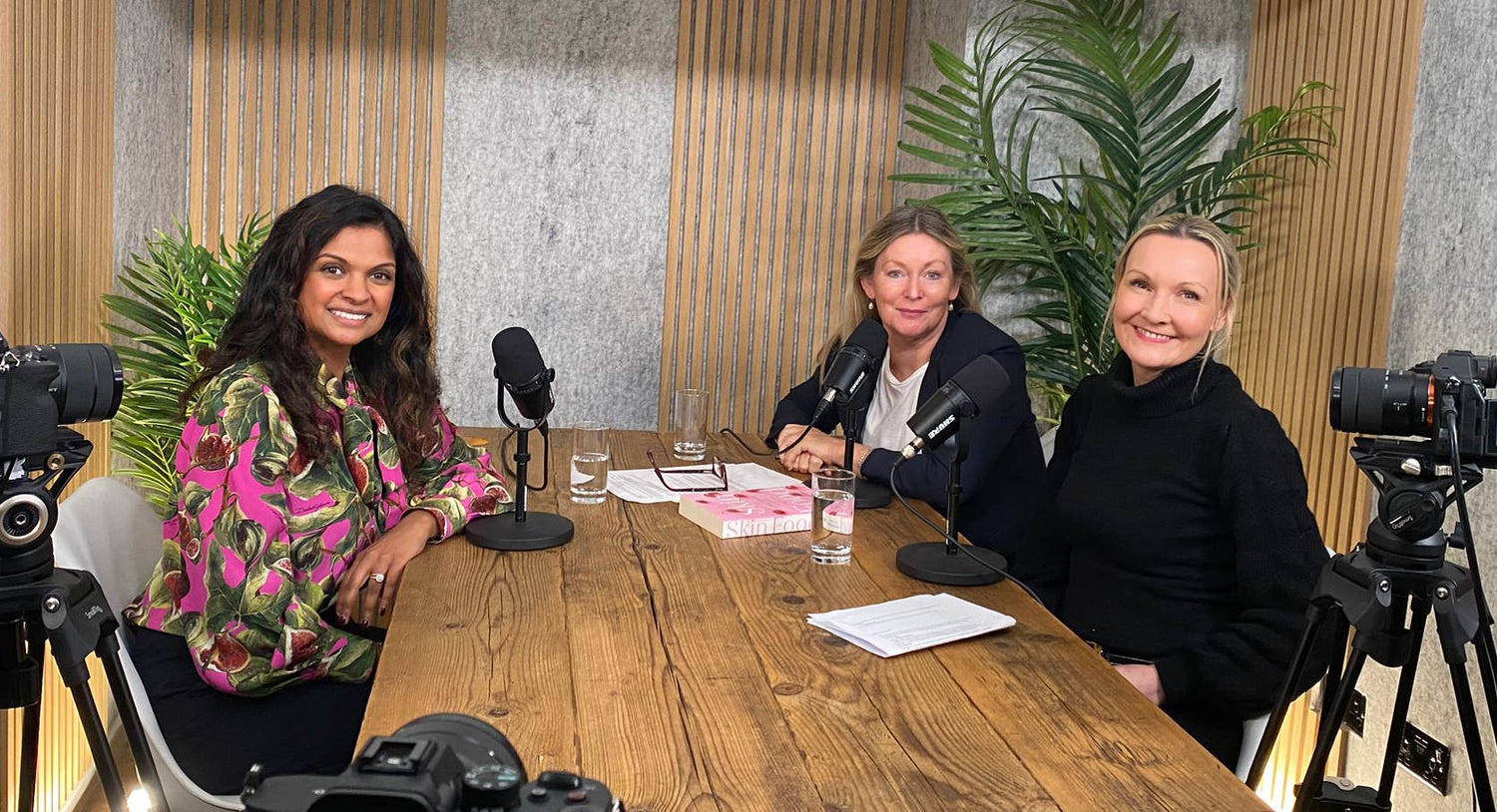During this episode of Skin Ageing Unlocked, co-hosts Dr. Clare Kiely and Fiona Clarke are joined by renowned consultant dermatologist Dr. Anjali Mahto to discuss adult acne and all that comes with the skin condition. Dr. Mahto shares her experiences with acne and how it led to opening her successful clinic, Self London, on Harley Street where she treats patients with innovative technology. Learn all about the importance of proper diagnosis (and how this informs treatment), skin conditions that get misdiagnosed for acne, and the latest treatments available for managing acne. Discover more acne insights and skincare tips in this jam-packed episode.
Watch or listen to the full episode here:





